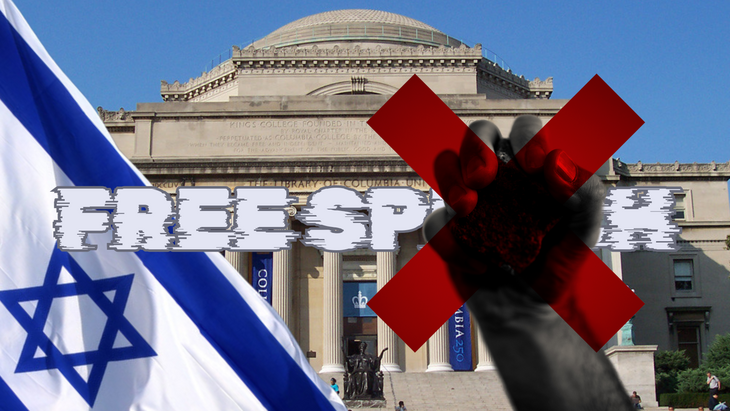Last Updated on August 16, 2024
As collegiates gear up for another semester, school administrators across the nation are putting a stiff knee on free speech, primarily because of the rise in activism against the Gaza genocide.
Columbia University President Minouche Shafik resigned Wednesday for her handling of the protests at the Manhattan campus where tent encampments sprung up last spring.
According to the AP, the new rules include banning encampments, limiting the length of demonstrations, and restricting protests to specific arenas and to those with university identification. Protestors must also register well in advance to limit the size of gatherings.
The American Association of University Professors (AAUP) condemned the implementations as "overly restrictive" and "beyond reasonable."
The University of Pennsylvania also created "temporary guidelines" banning encampments and overnight protests. The school requires posters and any banners to be removed within two weeks. UPenn claimed to be committed to free speech in its statement, but that doesn't appear so.
Indiana University has a new "expressive activities policy" geared towards eliminating encampments and requiring that signs be given prior approval.
The AP reported Harvard's student newspaper showed the university's considerations for prohibiting overnight encampments, chalked messages, and signs without prior approval.
None of these universities embraced censorship or disciplinary action during the 2020 George Flyod riots. In fact, many encouraged the so-called "defund the police" movement, like Long Island's Stony Brook University.
The Anti-Defamation League (ADL) has characterized much of the same behavior and rhetoric but with the Pro-Palestine unrest as "discrimination," "extremism," and "terrorism."
After the Oct. 7 attack against Israel, there has been an all-out assault on free speech. Currently, 50 Columbia students face discipline over the protests last spring, according to the lead negotiator on the case and alum, Mahmoud Khalil.
According to Gaza's Health Ministry, the Palestinian death toll of mostly civilians has surpassed 40,000 on Thursday. And yet, students are not permitted to voice their opposition to the Zionist regime.
Numerous students have been arrested. Some have had their charges dismissed, while others are waiting on the prosecutors. Other students have essentially been "canceled," losing academic and career opportunities.
School officials, including Shafik, were questioned before Congress and criticized by Republicans under the allegations of antisemitism on the campus. However, these protests were not based on antisemitic fervor but instead primarily a pushback against Israel and so-called "White supremacy" but really Jewish nationalism or "Zionism."
RELATED: NGO Monitor Smears Pro-Palestine Students as Linked to Terrorists
Ultimately, Shafik resigned from Columbia University, along with many other administrators at America's elite universities, including UPenn President Liz Magill and Harvard President Claudine Gay.
